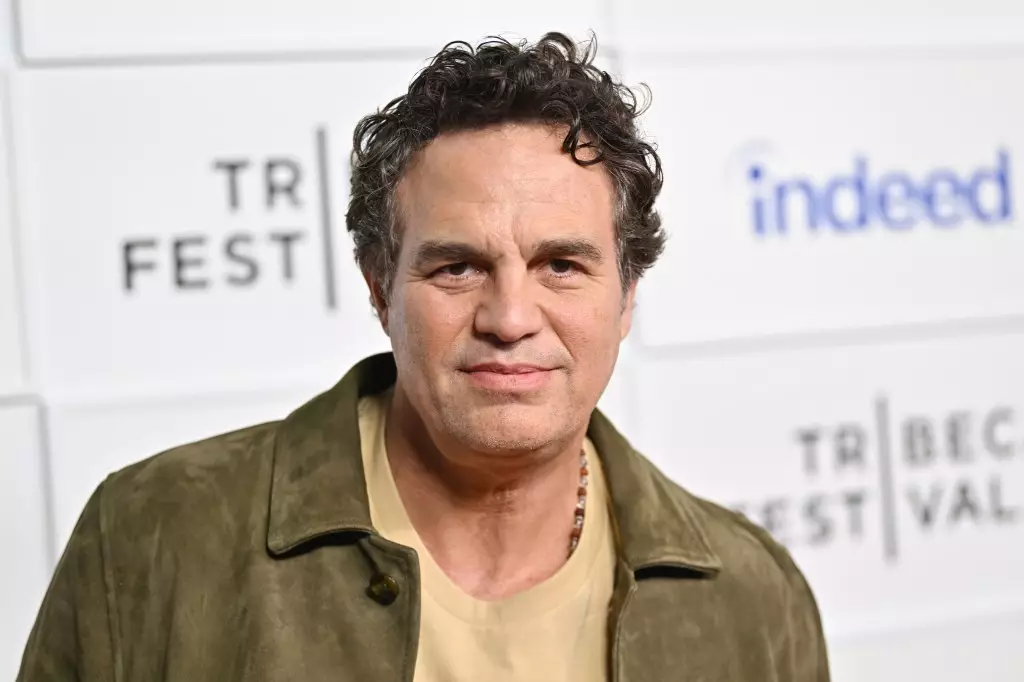In recent weeks, the entertainment industry has witnessed a tumultuous clash that extends far beyond celebrity gossip and ratings. The suspension of Jimmy Kimmel’s show by ABC, driven by external political pressures and corporate interests, exemplifies a troubling trend: the erosion of free speech under the guise of corporate or governmental protection. This incident underscores a broader crisis: when corporations bend to political pressures—especially those rooted in right-wing agendas—they risk transforming into gatekeepers of acceptable discourse, effectively narrowing the spectrum of public conversation.
For years, late-night comedy has served as a vital platform for political critique, social commentary, and, most importantly, holding power to account. Removing voices like Kimmel—who, despite his comedic approach, often lampoons political figures—weakens this check on authority. The decision of ABC and its parent company Disney to preempt or suspend a show over controversial jokes exposes a concerning willingness to compromise journalistic and comedic independence in favor of appeasing political forces. This capitulation undermines the very fabric of democratic open dialogue, where dissent and critique are crucial.
Corporate Interests and Political Manipulation
Multi-channel conglomerates like Disney are now caught in a dangerous game where profits intersect with political influence. The pressure from FCC officials and conservative affiliates demonstrates how economic interests—such as the temptation to avoid regulatory scrutiny or preserve lucrative deals—have become tools to silence dissenting voices. By folding under this pressure, Disney and its affiliates are essentially surrendering their responsibility to serve the public interest in favor of corporate expediency.
This phenomenon raises grave ethical questions. When media giants prioritize compliance over integrity, they distort the role of mass communication, transforming it into a weapon for ideological conformity rather than a space for free exchange of ideas. The case of Kimmel’s suspension, which was allegedly motivated by a joke offending a powerful political figure, reveals how fragile freedom of expression is in the face of organized political and corporate lobbying. The suppression of comedy designed to challenge authority is a dangerous precedence that threatens the very foundations of democratic discourse.
The Slippery Slope Toward Authoritarianism
Censorship, especially when justified with claims of protecting public morality or political correctness, is a slippery slope toward authoritarianism. When companies and government agencies choose which voices to silence based on specific ideological lines, they undermine the pluralism essential for a thriving democracy. The response from political figures—highlighted by FCC threats and demands for apologies—exemplifies how authoritarian tactics are increasingly embedded in democratic institutions, intimidating those who dare to critique powerful figures.
Support from prominent figures like Mark Ruffalo, Tatiana Maslany, and others signals a collective resistance against this trend. They recognize that the suppression of artists and comedians ultimately diminishes accountability and empowers suppressive political forces. Their outspoken opposition is not just about defending individual shows but about resisting a broader push towards ideological conformity that favors silencing inconvenient truths. When we allow corporations to act as enforcers of political orthodoxy, we risk creating a climate where dissent is regarded as dangerous and unwelcome.
The Consequences for Society and Democracy
The broader societal impact of such censorship is profound. When entertainment is policed by political interests, audiences are deprived of diverse viewpoints and the critical, often uncomfortable, questions that challenge leaders and societal norms. This scenario fosters a homogenized culture of compliance, where the narrative is controlled by those wielding power rather than the informed citizenry.
Furthermore, the intersection between corporate censorship and political suppression weakens the societal fabric. It feeds into polarization, stifles innovation in public discourse, and marginalizes those who seek to use humor and satire as tools for resistance. A democracy thrives on the ability of its citizens to access a multitude of perspectives, including those that provoke discomfort or disagreement. Removing comedians and satirists from the dialogue diminishes this essential democratic element, pushing society toward conformity and, eventually, authoritarian control.
As society continues to grapple with these issues, it becomes clearer than ever that safeguarding free expression is vital. It is not merely about defending individual entertainers or TV shows; it is about preserving the democratic principles that allow society to critique, challenge, and evolve. The recent censorship of Kimmel serves as a stark reminder: the fight for free speech is ongoing, and we must remain vigilant against forces that seek to silence dissent in the pursuit of political or financial gain.

